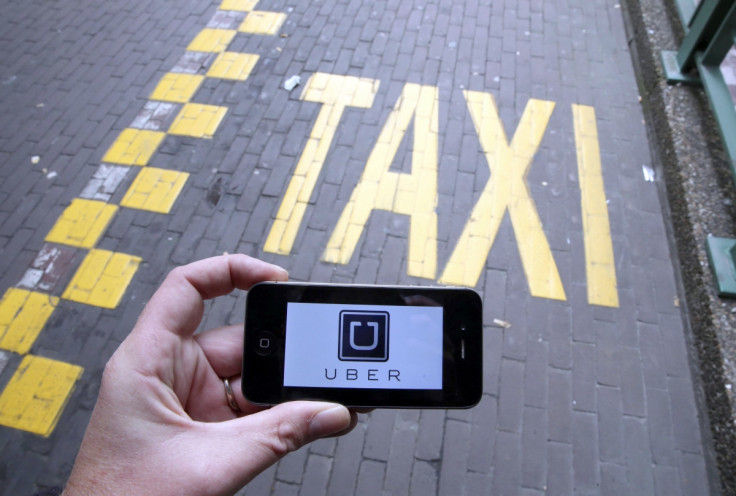Uber, Ola and other taxi aggregators to be banned from charging surge price in Indian state

Authorities in the south Indian state of Karnataka have proposed to restrict ride-hailing services from charging a surge price. While the move is seen as an attempt to provide an equal opportunity for all cab operators, it is bound to hit the revenues of Uber and its homegrown rival peer, Ola, if the proposal is enforced.
The state is of the view that technology-driven aggregators do not have the discretion to charge fares more than what are allowed for other regular licensed taxi operators, who follow the fare chart officially announced by the transport department. According to the official notification, the only surcharge allowed for cabs is between 11pm and 5am, during which they are allowed to charge 1.5 times the regular fare.
The draft, Karnataka On-demand Transportation Technology Aggregators Rules, 2016 reads: "... the fare including any other charges, if any, shall not be higher than the fare fixed by the government from time to time." This will also affect other ride-haling companies such as Meru, Megha, Bangalore Taxi, KSTDC, CarzOnRent and Spot Taxi.
The draft also gives the option to cab drivers to switch between aggregators. While Uber has approved this, Ola which brands cabs with its logo, has not been so comfortable with the proposition. The state government also requires ride-hailing companies to operate a control room, ensure cabs have a tamper-proof GPS and a panic button, so a customer can reach out when in distress. Another stipulation is that a cab driver must be a resident of Karnataka for a minimum of five years, with ability to speak Kannada and one other language, preferably English.
The government of Karnataka has also asked the aggregators to ensure that their cabs have an electronic digital fare meter that is capable of printing receipts at the end of the ride in case the aggregator's mobile app fails to mail or SMS the fare details.
While aggregators have for long claimed that they just facilitate taxi hires and are not in the on-ground business of running taxi services, the Karnataka government refuses to buy the argument and has even proposed that aggregators get an official licence so that they are treated the same way as a conventional cab operator.
E V Ramana Reddy, principal secretary at the Karnataka transport department said: "These are all a set of proposals we have placed in the public domain. The government will take a final view and notify the policy only after examining the views, suggestions and objections, if any, from all stakeholders."
However, according to the government, a firm would be considered an app-based aggregator and bound by the proposed rules only if they operate a minimum of 100 taxis, either by owning them or by operating them under an arrangement with individual drivers.
Apart from Karnataka, Delhi, the national capital, has its own regulations for ride-hailing aggregators, with similar policies being worked in other parts of the country by the states of Maharashtra and Tamil Nadu, according to the Economic Times.
© Copyright IBTimes 2025. All rights reserved.





















